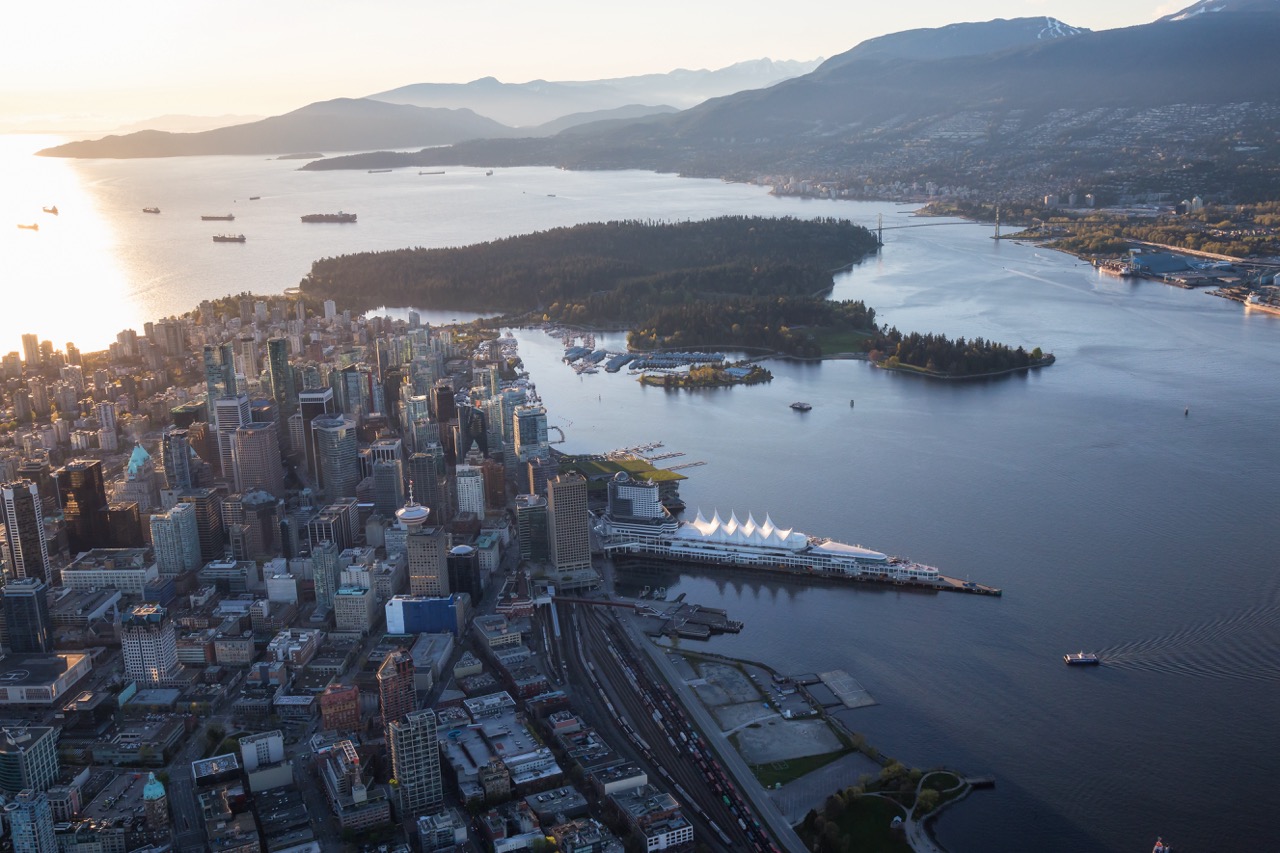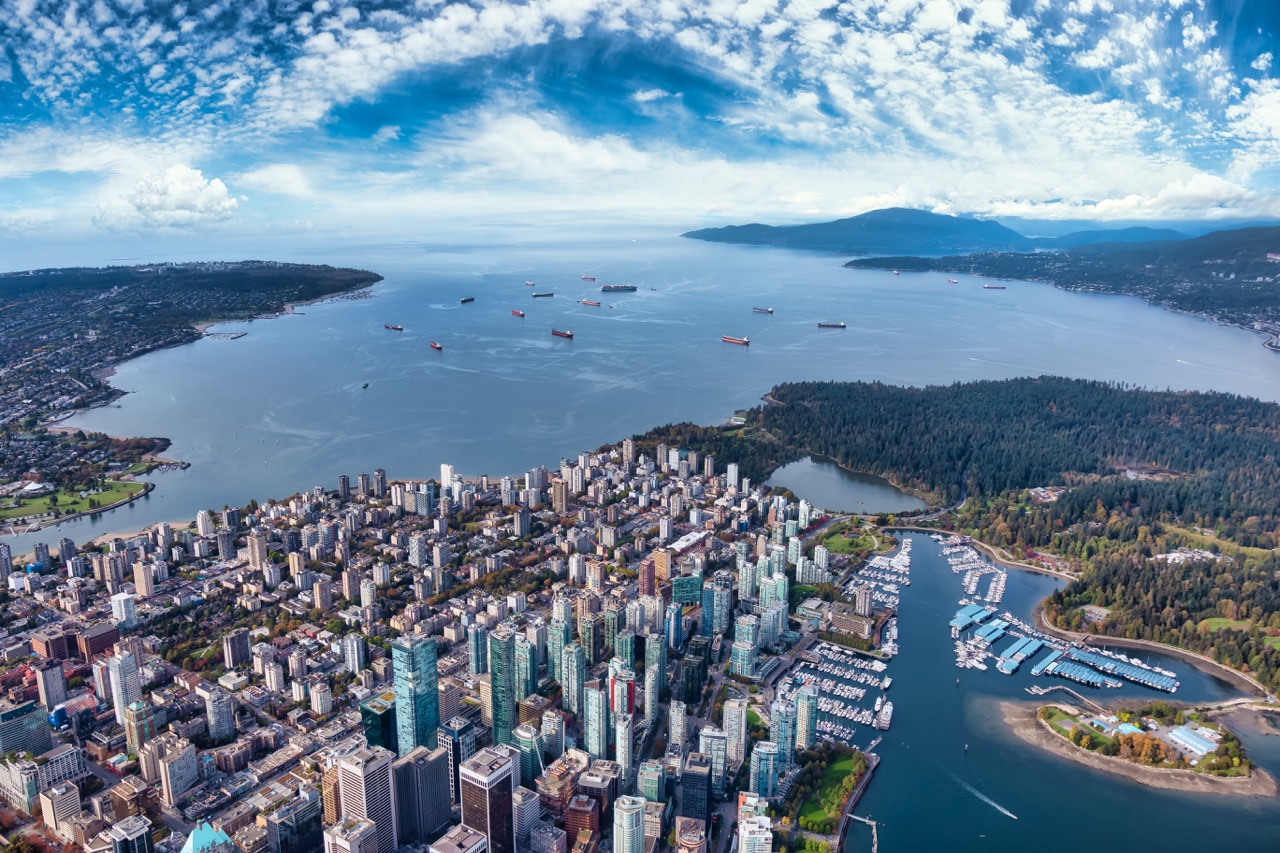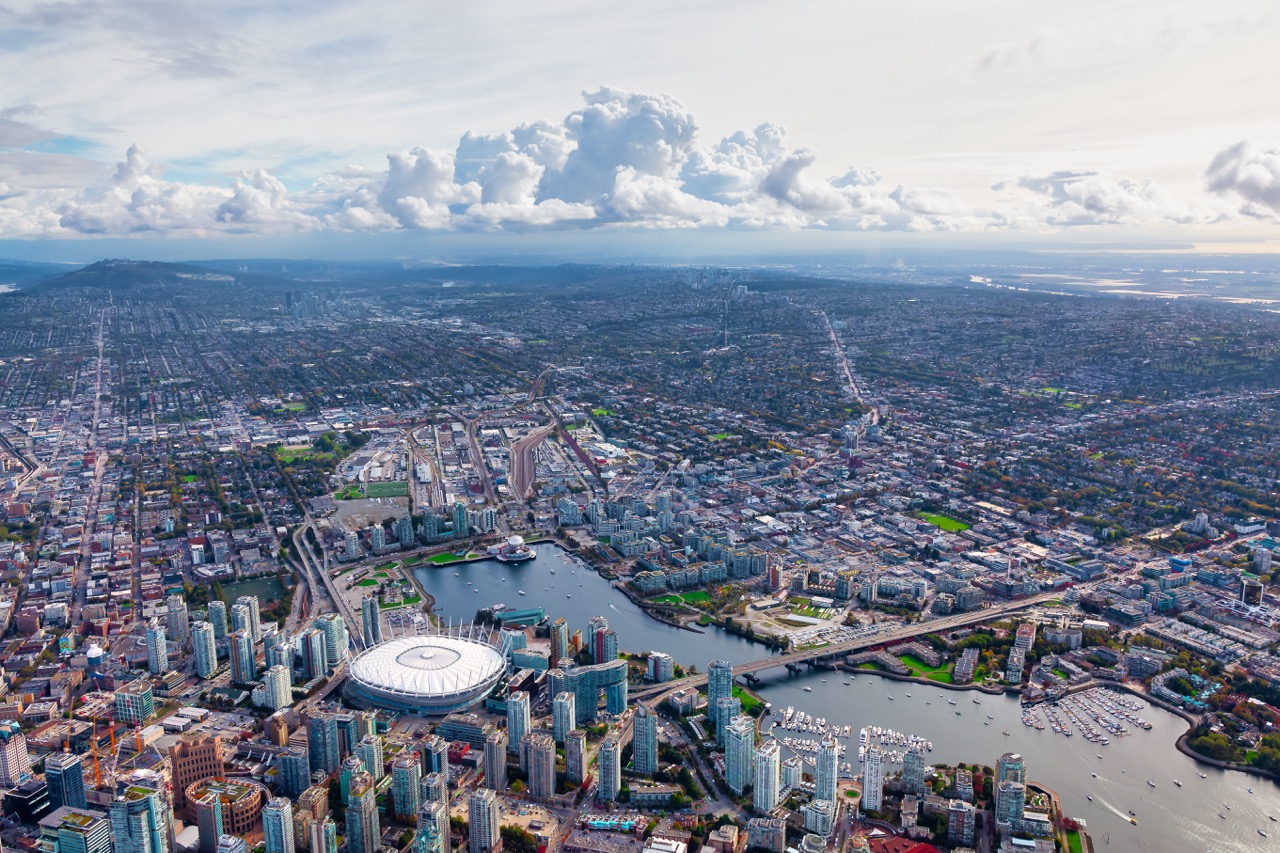British Columbia (BC) stands as a vibrant mosaic of cultures, with its diverse population reflecting a plethora of traditions, languages, and histories. Cultural festivals across the province serve as a vital platform for communities to showcase their unique heritages, fostering an environment of mutual respect and understanding among residents and visitors alike. These celebrations not only highlight the rich cultural tapestry of BC but also illuminate the importance of inclusivity in today’s society. This article delves into the significance of cultural festivals in BC, exploring their roles, economic impacts, challenges faced by organizers, and future trends.
Exploring the Rich Tapestry of BC’s Cultural Festivals
BC hosts a multitude of cultural festivals that celebrate the varied backgrounds of its residents. Festivals such as the Vancouver Folk Music Festival, the Chinese New Year Parade, and the Victoria Fringe Festival offer a glimpse into the artistic expressions and communal values of different cultures. Each event is meticulously designed to reflect the distinct customs, food, and art of participating communities, creating a rich tapestry that is as colorful as it is diverse. The participation of various ethnic groups in these festivals contributes to the province’s identity as a multicultural hub.
From indigenous powwows that honor the ancestral traditions of First Nations peoples to the exuberant celebrations of Diwali in Surrey, BC’s festivals are deeply rooted in the cultural narratives of its inhabitants. These events serve not only as a source of entertainment but also as a vital means of preserving and transmitting cultural knowledge to younger generations. The festival landscape in BC is continually evolving, mirroring the dynamic nature of its population, with new communities and traditions being represented each year.
Moreover, festivals like the Powell Street Festival highlight the contributions of Japanese Canadians, while the Vancouver International Film Festival showcases the diversity of global cinema. Such events create opportunities for dialogue and understanding, allowing participants to engage with art forms and practices that may be unfamiliar to them. In doing so, they foster a sense of belonging and pride among cultural groups, reinforcing the idea that BC’s strength lies in its diversity.
The Role of Festivals in Promoting Cultural Understanding
Cultural festivals in BC play a critical role in bridging gaps between different communities. By encouraging engagement and interaction between diverse groups, these festivals cultivate an atmosphere of acceptance and learning. Attendees not only enjoy performances, culinary delights, and art exhibitions but also have the opportunity to engage in conversations that promote cultural exchange. This interaction is essential in dispelling stereotypes and fostering a more nuanced understanding of different cultures.
In addition to enhancing cultural awareness, festivals serve as educational platforms for attendees of all ages. Workshops, discussion panels, and performances often accompany the festivities, providing insights into the historical and cultural significance of various practices. For instance, the Vancouver Latin American Film Festival not only entertains but also educates audiences about the socio-political issues faced by Latin American communities. Such educational opportunities enable attendees to leave with a deeper appreciation for the complexities of different cultures.
Furthermore, the collaborative nature of organizing these festivals often leads to strengthened community ties. Local organizations, businesses, and cultural groups unite to create a shared vision, resulting in a collective effort that enhances cultural pride. This collaboration not only fosters relationships within communities but also establishes networks that can support future initiatives, ensuring that cultural understanding continues to thrive beyond the festival itself.
Highlighting Unique Traditions from Diverse Communities
One of the standout features of BC’s cultural festivals is the emphasis on unique traditions that highlight the richness of individual communities. For instance, the Vancouver Cherry Blossom Festival celebrates both the beauty of nature and the Japanese cultural heritage associated with cherry blossoms. This event includes traditional tea ceremonies, workshops on origami, and performances of taiko drumming, allowing participants to immerse themselves in Japanese culture while enjoying the stunning floral displays.
Similarly, the Vancouver Pride Parade is a powerful celebration of LGBTQ+ identity, combining vibrant parades, artistic performances, and educational programming. This festival not only illuminates the rich history and struggles of the LGBTQ+ community but also promotes broader societal acceptance and understanding. The colorful displays and heartfelt narratives shared during the event underscore the importance of inclusivity and the celebration of diversity.
Moreover, festivals such as the Vancouver Indigenous Fashion Week showcase the artistry and cultural significance of Indigenous fashion designers. By highlighting these unique traditions, the festival challenges mainstream narratives and elevates Indigenous voices in the fashion industry. These events serve as a testament to the creativity and resilience of marginalized communities, reinforcing the notion that diversity enriches the cultural landscape of BC.
The Economic Impact of Celebrating Cultural Diversity
Cultural festivals in BC significantly contribute to the province’s economy, attracting tourists and stimulating local businesses. Festivals often draw attendees from outside the region, leading to increased spending on hospitality, transportation, and entertainment. This influx of visitors not only generates revenue for local businesses but also creates job opportunities in sectors such as event planning, catering, and tourism services.
The economic benefits extend beyond immediate financial gain; festivals also contribute to the long-term sustainability of local communities. By promoting cultural tourism, festivals help to establish BC as a destination for those seeking unique and diverse experiences. Local artisans and vendors often have the chance to showcase their products, fostering entrepreneurship and supporting the creative economy. This symbiotic relationship between festivals and local businesses underscores the importance of celebrating cultural diversity.
Furthermore, government support for cultural festivals often leads to increased funding and sponsorship opportunities. Grants and initiatives aimed at promoting cultural events can enhance the scale and impact of festivals, allowing them to reach broader audiences. This support not only strengthens the economic viability of festivals but also reinforces the value of cultural preservation and celebration in the province’s overall development.
Challenges Faced by Organizers of Cultural Festivals
Despite the many benefits of cultural festivals, organizers often face significant challenges in bringing these events to life. One prominent issue is securing adequate funding. Many festivals rely heavily on sponsorships and grants, and fluctuations in financial support can impact planning and execution. This challenge is particularly pronounced for smaller, grassroots festivals that may not have the same access to resources as larger events.
Logistical hurdles also pose challenges for festival organizers. Coordinating multiple vendors, performers, and volunteers while ensuring compliance with local regulations can be a daunting task. Organizers must navigate issues such as permits, insurance, and safety protocols, all of which require careful planning and management. These logistical challenges can strain limited resources, particularly for community-led initiatives that may not have extensive experience in event organization.
Additionally, organizers must contend with the pressure to balance authenticity with commercial interests. As festivals grow in popularity, there is often a temptation to cater to broader audiences, which can dilute the original cultural message. Striking a balance between maintaining cultural integrity and meeting the demands of the market is an ongoing challenge for many festival organizers, who seek to create meaningful experiences while ensuring the sustainability of their events.
Future Trends in BC’s Cultural Festival Landscape
As BC’s cultural landscape continues to evolve, so too will its festivals. One emerging trend is the increasing emphasis on sustainability and environmental consciousness. Many organizers are seeking to reduce the ecological footprint of their events by implementing eco-friendly practices, such as waste reduction initiatives, sustainable transportation options, and partnerships with local environmental organizations. This focus not only aligns with broader societal values but also appeals to increasingly eco-conscious attendees.
Another trend is the integration of technology into festival experiences. The use of social media, mobile apps, and virtual reality is changing how participants engage with cultural events. Organizers are leveraging these tools to enhance accessibility, allowing attendees to interact with content in innovative ways. For example, virtual festivals and live-streaming options have gained popularity, ensuring that those unable to attend in person can still participate in the celebrations.
Finally, the growing diversity of BC’s population means that new cultural voices and traditions will continue to emerge on the festival scene. Organizers are increasingly recognizing the importance of inclusivity and representation, leading to the development of festivals that highlight underrepresented communities. This ongoing evolution not only enriches the cultural landscape but also ensures that BC’s festivals remain relevant and reflective of its diverse society.
Cultural festivals in British Columbia are more than mere celebrations; they are essential components of the province’s identity and social fabric. By promoting cultural understanding, highlighting unique traditions, and contributing to the economy, these festivals play a vital role in fostering inclusivity and community cohesion. While challenges remain for organizers, the future of BC’s cultural festival landscape looks promising, with trends pointing towards greater sustainability, technological integration, and representation of diverse voices. As BC continues to evolve, its festivals will undoubtedly remain central to the celebration of its rich cultural diversity.





